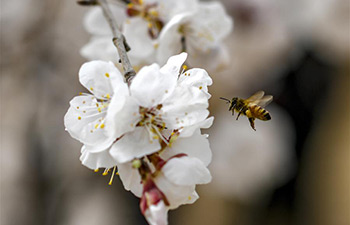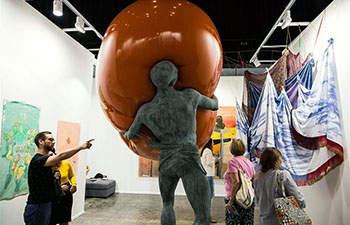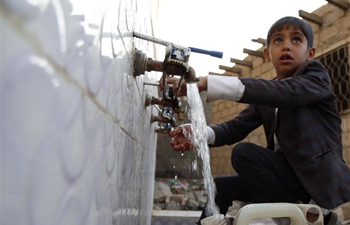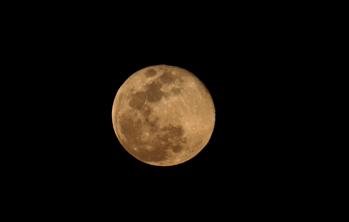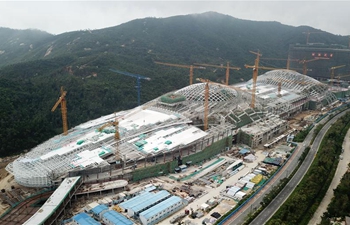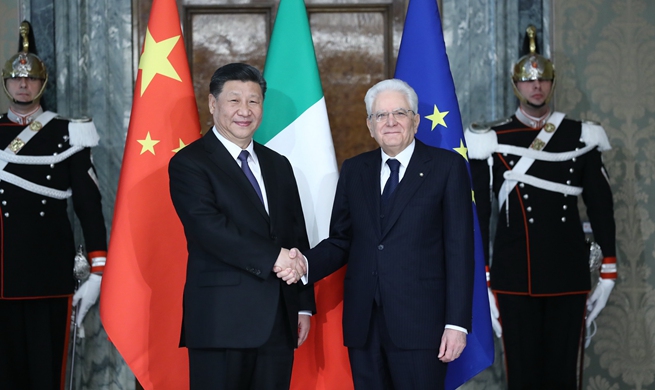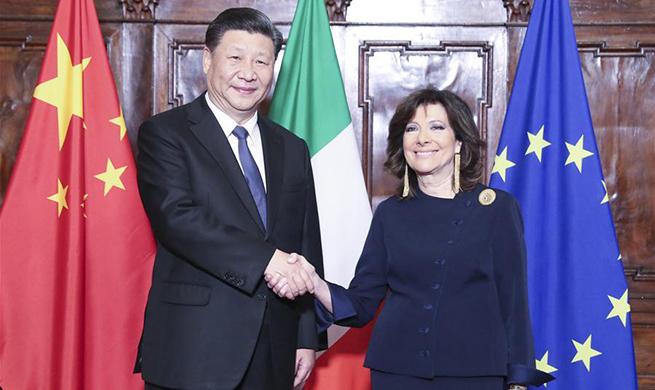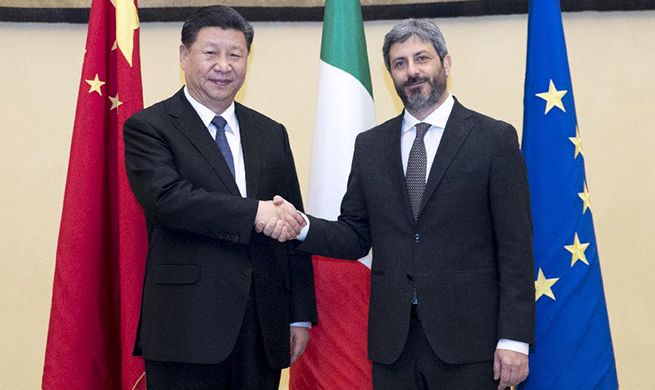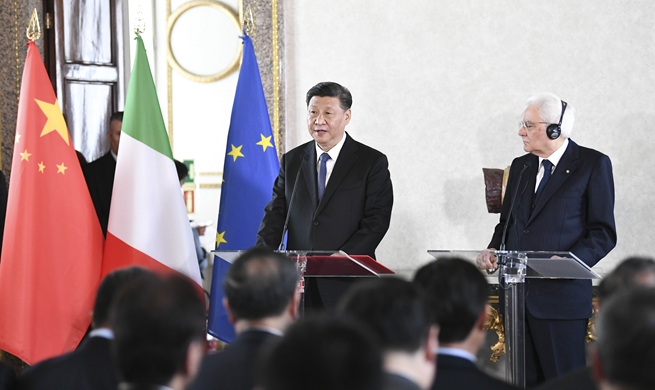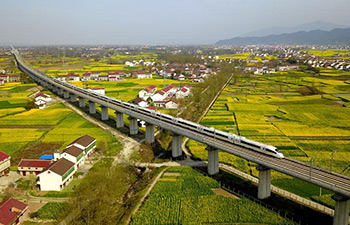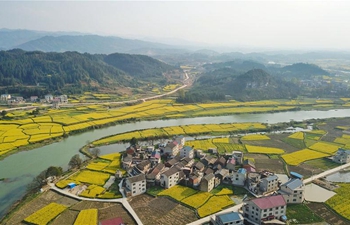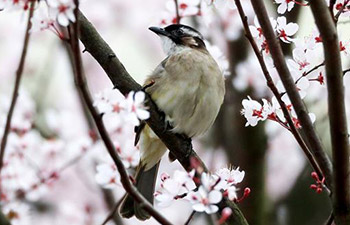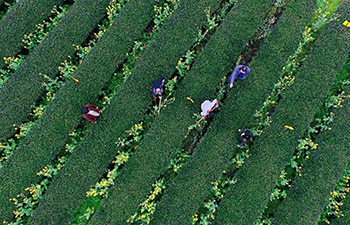GENEVA, March 23 (Xinhua) -- A two-day roundtable on Western Sahara ended here Friday with the parties involved saying in a joint statement that they welcomed the intention to meet again in the same format.
The delegations "agreed to continue discussions in order to identify elements of convergence," Horst Kohler, personal envoy of the United Nations (UN) Secretary-General for Western Sahara, said in a press release after the end of the roundtable.
Kohler said he had "encouraged delegations to explore good faith gestures and concrete actions that go beyond the roundtable."
"There was consensus that the whole Maghreb (region) would greatly benefit from a solution to the question of Western Sahara. Delegations also recognized that the region had a special responsibility to contribute to a solution," Kohler said.
Kohler said he was grateful that the delegations had agreed to continue and to convene again in the roundtable format, although no dates were mentioned.
"There is still a lot of work ahead of the delegations. Nobody should expect a quick outcome, because many positions are still fundamentally diverging," Kohler said.
"At the same time, being able to listen to each other even when things get controversial, is an important step to build trust," he said.
"The costs of this conflict, in terms of human suffering, lack of prospects for the youth, and security risks, are far too high to be accepted," he continued.
The relevant parties, namely Morocco, the Western Sahara's separatist movement the Polisario Front, Algeria and Mauritania, had their first roundtable meeting in December to discuss a way out of the decades-long conundrum.
Western Sahara was partitioned between Morocco and Mauritania at the end of Spain's colonial rule in 1976. When Mauritania, under pressure from Polisario guerrillas, abandoned all claims to its portion in August 1979, Morocco moved to occupy that sector and asserted administrative control over the whole territory.
Fighting broke out between Morocco and the pro-independence Polisario Front. A cease-fire was signed in 1991 and in that year, the UN mission, known by its French acronym as Minurso, was deployed to monitor the cease-fire.
Algeria, on the other hand, supports self-determination for the Sahrawi people in Western Sahara.
